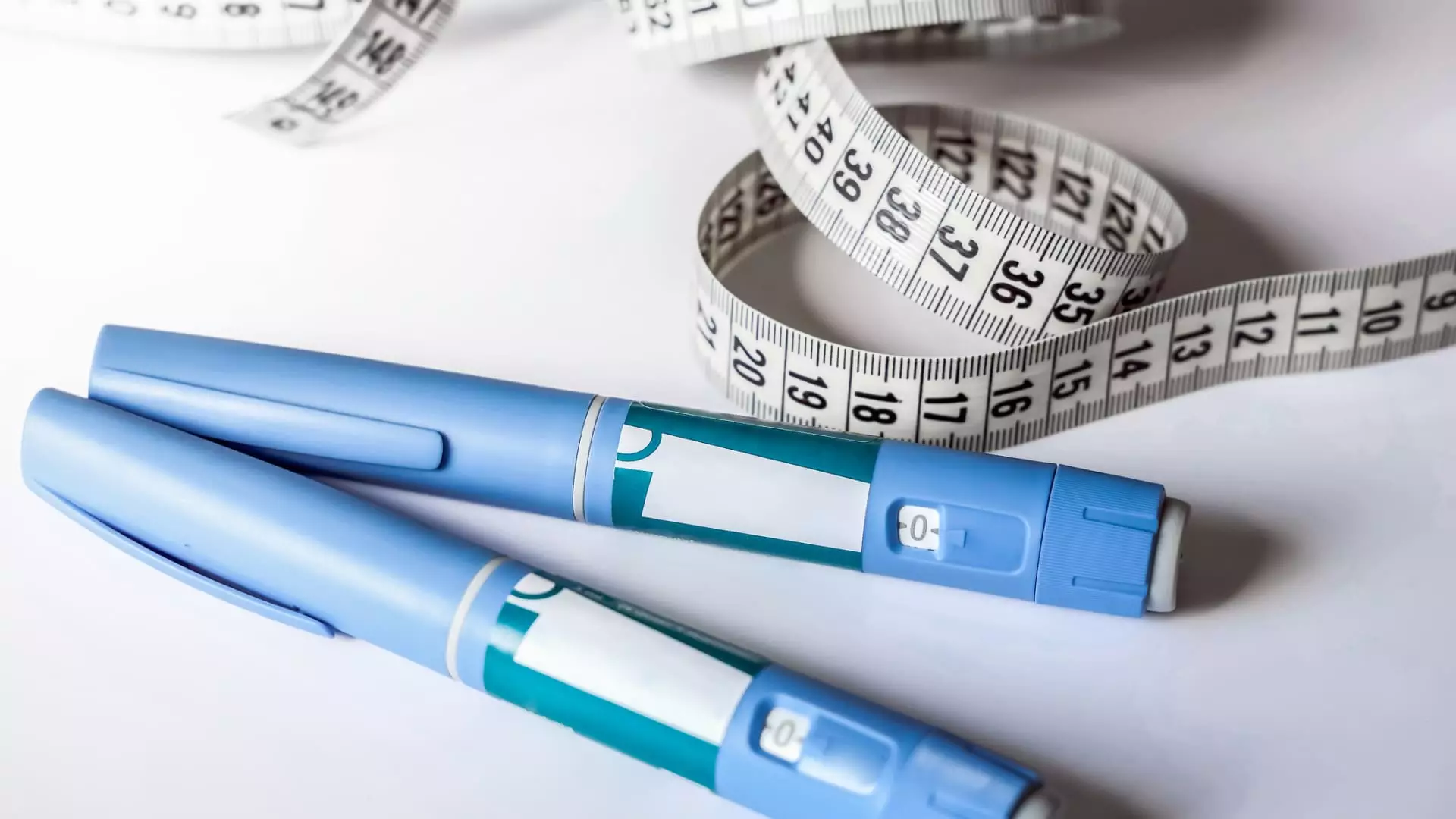The weight loss drug market, dominated by Eli Lilly and Novo Nordisk, is rapidly changing with new competitors emerging. Companies like Roche and Viking Therapeutics have made significant progress in developing experimental treatments that promise faster weight loss results for patients. The recent advancements in these treatments have caused a stir in the market, leading to a decline in the stock value of the current market leaders. Eli Lilly has lost about $123 billion in market value over the past two weeks, while Novo Nordisk shares have tumbled about 10%. Despite this setback, both companies have seen substantial gains this year, indicating their dominance in the anti-obesity category.
Analysts predict significant growth in the weight loss drug market, with UBS increasing its forecast for the GLP-1 market to reach $150 billion in sales by 2029. The rise in demand for obesity treatments is expected to drive this growth, as more individuals seek treatment options. While there are concerns about increasing competition in the market, analysts believe that it will take time for new players to establish themselves due to the need for developing clinical data, access, and manufacturing scale. Lilly and Novo are expected to maintain their lead in the market as they continue to ramp up manufacturing capacity to meet the growing demand for weight loss drugs.
Roche and Viking Therapeutics are positioning themselves as key players in the weight loss drug market with their innovative treatment approaches. Roche’s CT-996, a once daily oral GLP-1 treatment, has shown promising results in clinical trials, outperforming existing treatments in terms of weight loss. Viking Therapeutics’ VK-2735, an injectable drug combining two gut hormones, GLP-1 and GIP, is also making waves in the industry. The company is exploring the possibility of monthly dosing for their weight loss treatment, which could revolutionize the way patients receive these drugs. Both companies are also working on oral drugs, indicating a shift towards more convenient and cost-effective treatment options for patients.
The second half of this year is expected to bring further advancements in the GLP-1 space, with events like the European Association for the Study of Diabetes conference and ObesityWeek on the horizon. Companies like Pfizer, Amgen, Structure Therapeutics, and Altimmune are also making strides in developing new weight loss treatments. Additionally, Lilly and Novo are not lagging behind, with upcoming releases like Novo’s CagriSema expected to impact their long-term growth potential. The future of weight loss drugs looks promising, with a myriad of new treatments on the horizon to address the growing need for effective and accessible obesity treatments.
The weight loss drug market is undergoing a significant transformation with new players entering the arena and innovative treatments reshaping the landscape. Companies like Roche and Viking Therapeutics are setting the stage for a more competitive market, offering new solutions for patients struggling with obesity. The future of weight loss drugs is bright, with advancements in research and development promising to revolutionize the way we approach weight management.

